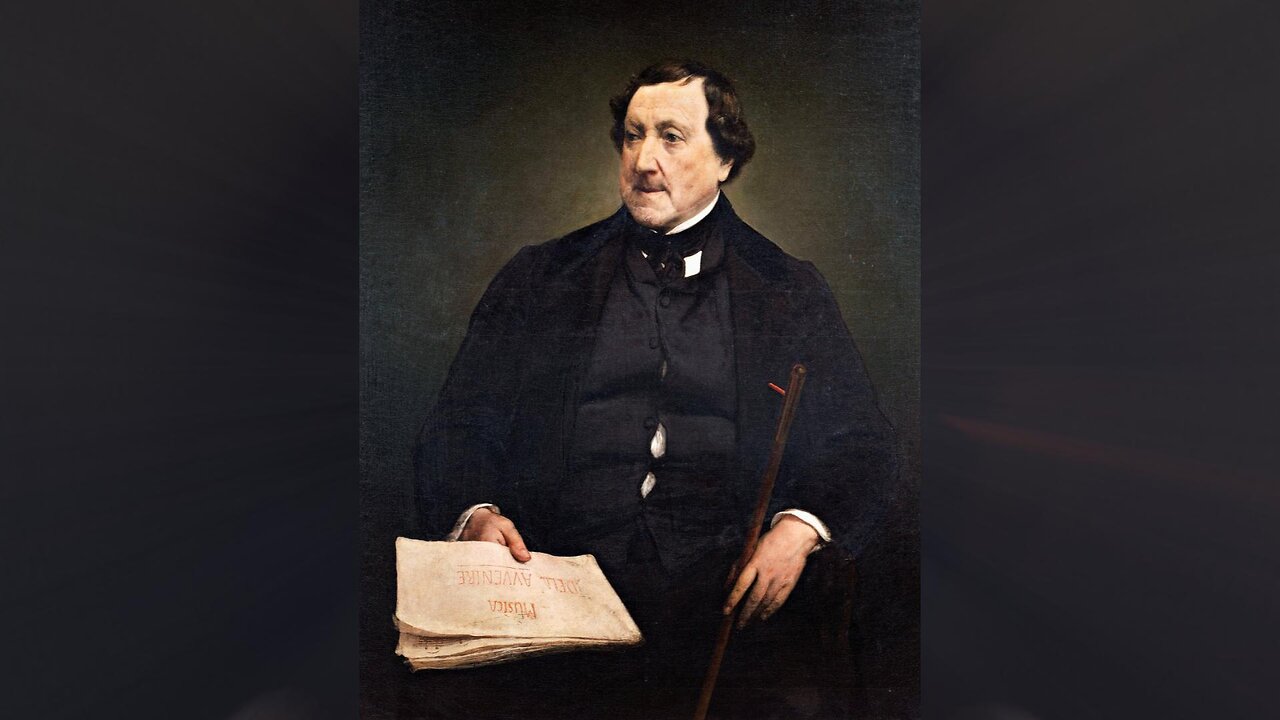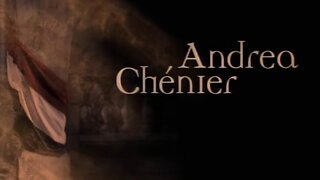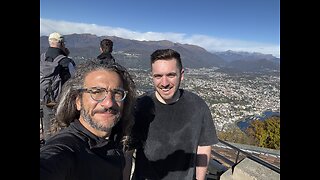Premium Only Content

La Storia siamo Noi: Gioachino Rossini (ENG SUB)
Gioachino Rossini, or Gioacchino, at the baptism Giovacchino Antonio Rossini (Pesaro, 29 February 1792 – Passy, 13 November 1868), was an Italian composer. Among the greatest and most celebrated opera composers in history, his work has spanned various musical genres, but he is mainly remembered for his famous and celebrated works, such as The Barber of Seville, The Italian Girl in Algiers, The Thieving Magpie, La Cenerentola, The Turk in Italy, Tancredi, Semiramide and William Tell.
Rossini composed his first opera at the age of fourteen and wrote thirty-nine major operas in nineteen years before his sudden retirement from the theater in 1829. Decades followed in which Rossini abandoned professional composition and was plagued by depression. He died in the Parisian countryside of Passy, where he had retired to private life.
The most important Italian composer of the first half of the 19th century[ and one of the greatest opera composers in the history of music, Rossini was nicknamed the "Italian Mozart" due to his precociousness and speed of composition. Defined by Giuseppe Mazzini as "a titan. A titan of power and audacity, the Napoleon of a musical era", typical of his style was the orchestral crescendo on a repeated phrase, immortalised in the expression crescendo rossiniano (Rossini crescendo).
Rossini's musical style is characterized above all by extreme rhythmic brilliance. Many of his best-known works are characterized by a kind of frenzy, marking a clear departure from the style of eighteenth-century opera composers, from whom he also drew stylistic elements and formal conventions. The mechanical nature of certain procedures, including the famous Rossini crescendo, gives his music a surreal, if not downright mad, quality that pairs perfectly with comic theatre, but offers equally interesting and original results when dealing with tragic subjects. His music is eminently bel canto.
In addition to this rhythmic frenzy, we must also remember his fresh melodic invention, his care for orchestration and his attention to harmonic details (which led his high school classmates to call him "Tedeschino"), combined with an extraordinary refinement of sign and a clear and luminous instrumentation in the comic operas, melancholic and disturbing in the serious operas. His perfect mastery of the symphonic and contrapuntal language (learned in his youth at the school of Stanislao Mattei and from the scores of Mozart and Haydn) allowed Rossini the opera composer to play his best cards not only, and perhaps not so much, in his arias, but in his famous symphonies and concertati. He was ALSO the first to write down the singers' flourishes in full.
The move from Italy to Paris, however, marked a significant shift in Rossini's musical and theatrical language. His last two operas, Le Comte Ory and Guillaume Tell, in French, exhibit a completely new formal freedom and richness of tone, and in many ways open themselves to the most authentic sensibility of Romanticism; the latter develops nationalistic themes, unusual for a man so tied, by nature peaceful and quiet, to the order imposed by the Restoration.
-
 2:02:45
2:02:45
Adaneth - Arts & Literature
15 days agoGiordano: Andrea Chénier | Pavarotti, Guleghina, Pons - Levine, Joel (MET 1997-MULTISUB)
34 -
 34:37
34:37
vivafrei
4 hours agoLive from Lugano Switzerland, Plan B RECAP with Matt Kohrs! BOOYA!
24.1K8 -
 46:25
46:25
X22 Report
19 hours agoMr & Mrs X - DoEd Was Used To Brainwash The Children, Trump Shut It Down - EP 13
36.3K23 -
 26:51
26:51
efenigson
2 days agoSwitzerland: Still the Land of Freedom? Samuel Kullman | You're The Voice - LIVE from Lugano PlanB!
27.1K5 -
 1:07:25
1:07:25
Wendy Bell Radio
9 hours agoPet Talk With The Pet Doc
29.4K34 -
 4:45
4:45
PistonPop-TV
8 days agoMazda K-Series V6: Only True Enthusiasts Know About This Engine
21.8K4 -
 19:51
19:51
Stephan Livera
3 days ago $9.78 earnedStephan Livera hosts Plan B Podcast in Lugano
47.9K1 -
 1:08:45
1:08:45
DeVory Darkins
1 day agoLetitia James drops frantic speech after pleading not guilty as Canada gets NIGHTMARE NEWS
120K54 -
 1:25:16
1:25:16
efenigson
2 days agoDigital Money or Digital Prison? - Nick Anthony | You're The Voice - LIVE from Lugano PlanB Forum!
35.7K6 -
 16:00
16:00
Demons Row
19 hours ago $12.48 earnedBIKERS OF FLORIDA 💀🏍️ Outlaws, Warlocks, Mongols & the Wild South
31.7K13